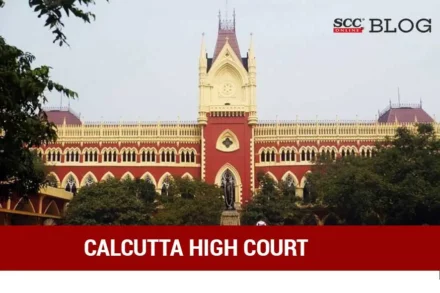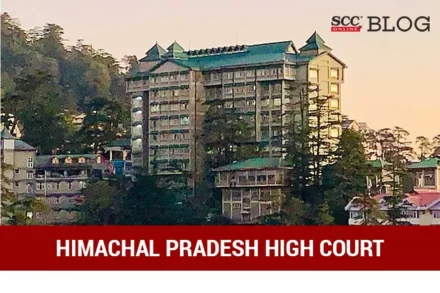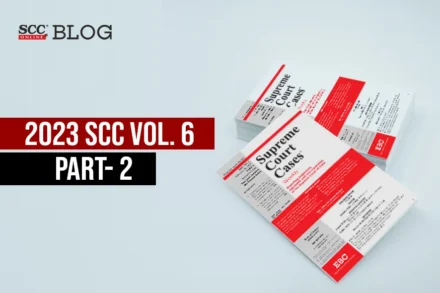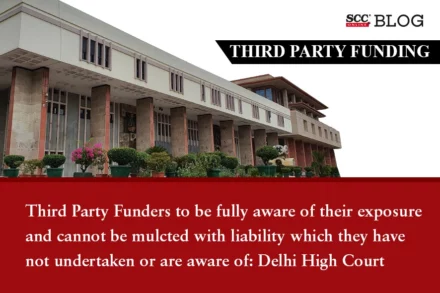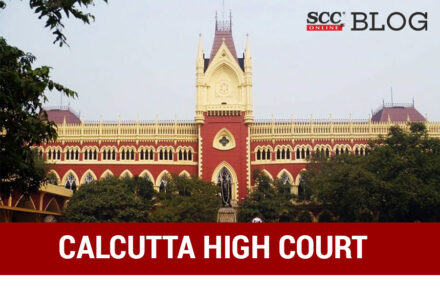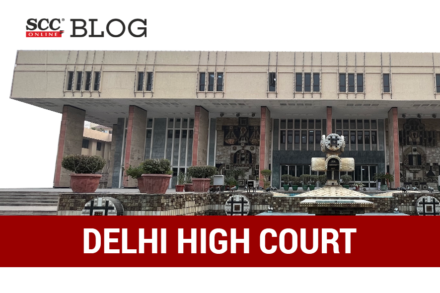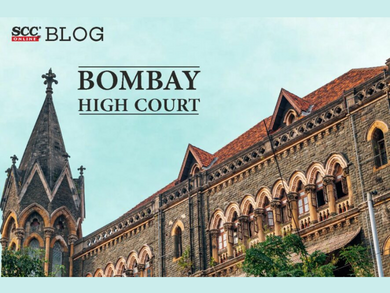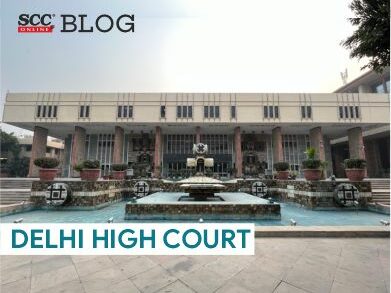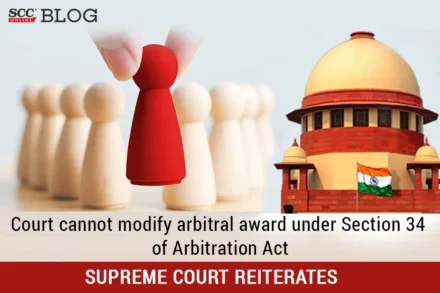
‘Court cannot modify arbitral award under Section 34 of Arbitration Act’: Supreme Court reiterates
The Supreme Court explained that the older Act enabled the Court to modify an award, a power which was consciously omitted by Parliament while enacting the 1996 Act, hinting towards exclusion of power to modify an award.


